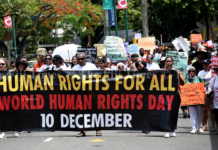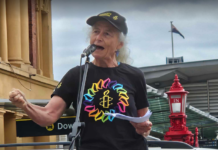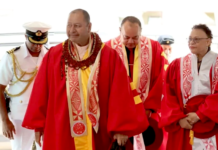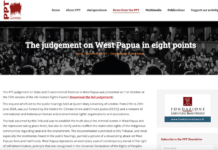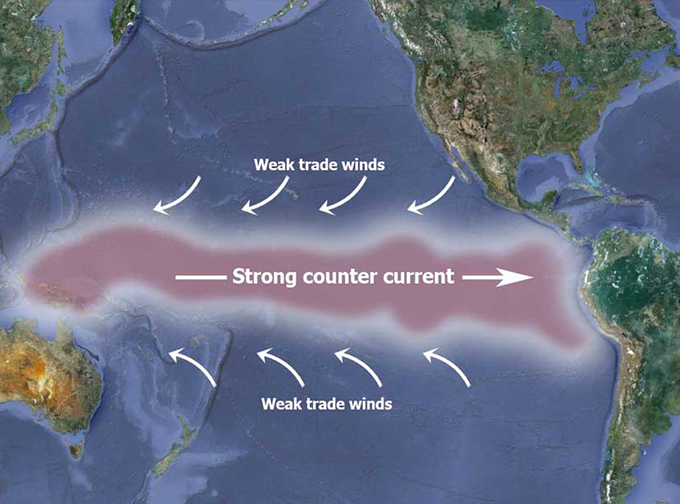
Pacific Media Centre Newsdesk
The European Union and the Pacific Community have signed an agreement to build resilience to future El Niño-related droughts in the Federated States of Micronesia, Republic of Marshall Islands and Republic of Palau.
At the end of 2016, the EU confirmed its decision to mobilise €4.5 million (NZ$7 million) from the European Development Fund (EDF) global reserve for the Federated States of Micronesia, the Republic of the Marshall Islands and the Republic of Palau to build resilience for future El Niño events.
This is in recognition of the severe impacts of the 2015–2016 El Niño-related drought in the three Northern Pacific countries, especially in the outer islands, when disruptions to agriculture, tourism and industrial production caused severe economic losses, many households faced food and water shortages, and the provision of health and education services was severely impacted on.
The Head of Infrastructure and Natural Resources at the Delegation of the EU for the Pacific, Jesús Lavina, said: “The EU is committed to support the Pacific countries to face the negative impact of climate change. Extreme events, such as the 2015-2016 El Niño, severely affected the Pacific region: the EU works together with partner governments and regional organisations to answer in a timely manner their urgent needs.
“The European Union North Pacific Readiness for El Niño project is a clear example of EU commitment that covers a large range of EU-funded actions to strengthen resilience and promote climate change adaptation and mitigation measures.”
The Pacific Community (SPC) is implementing the project and is preparing to hold consultations with the North Pacific countries to design activities that will build resilience to future droughts in the water and agriculture sectors.
The Director-General of the Pacific Community, Dr Colin Tukuitonga, said: “We are very pleased to help build capacity in the three Northern Pacific countries to strengthen resilience and readiness for future El Niño-related droughts, which past experience has shown caused so many hardships for all residents, both those living in towns and those in rural communities.”
The 2015 – 2016 El Niño event was one of the most severe on record, comparable with the 1997-1998 and 1982-1983 events, and impacted millions of people around the world including in most of the Pacific Island countries.
According to the Australian Bureau of Meteorology, the tropical Pacific Ocean is in a neutral phase with neither El Niño or La Niña expected to influence the climate this year.








